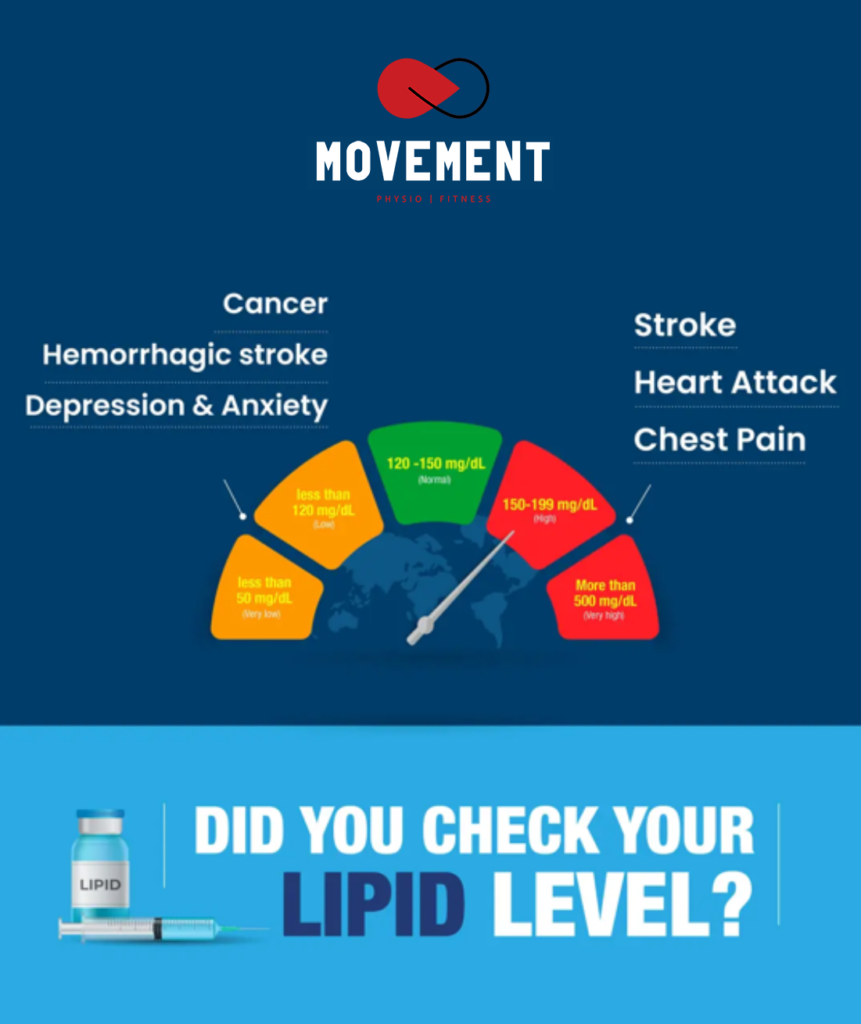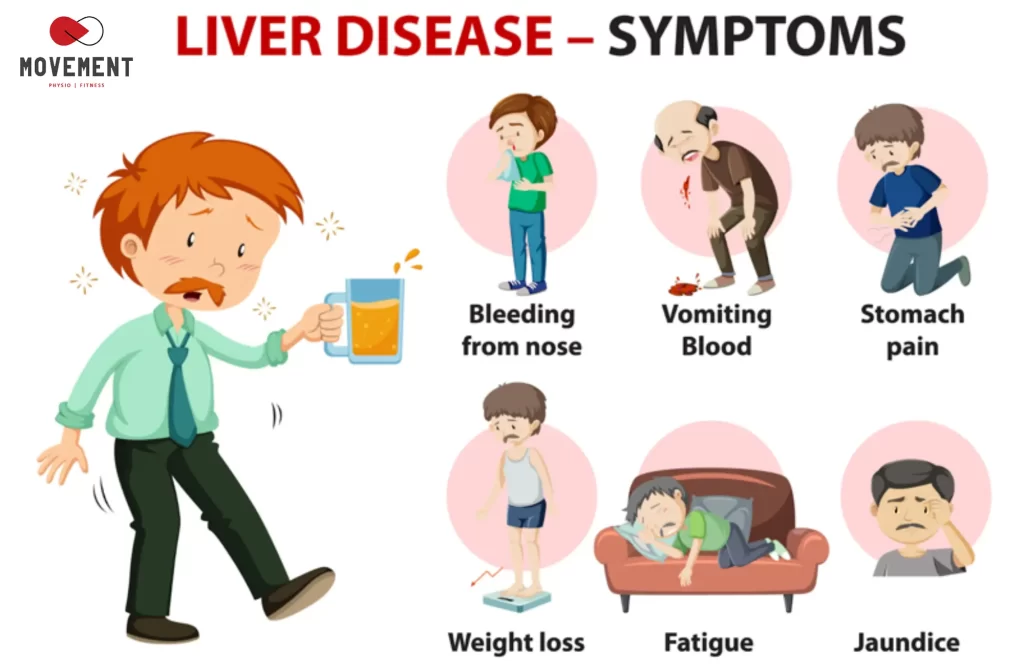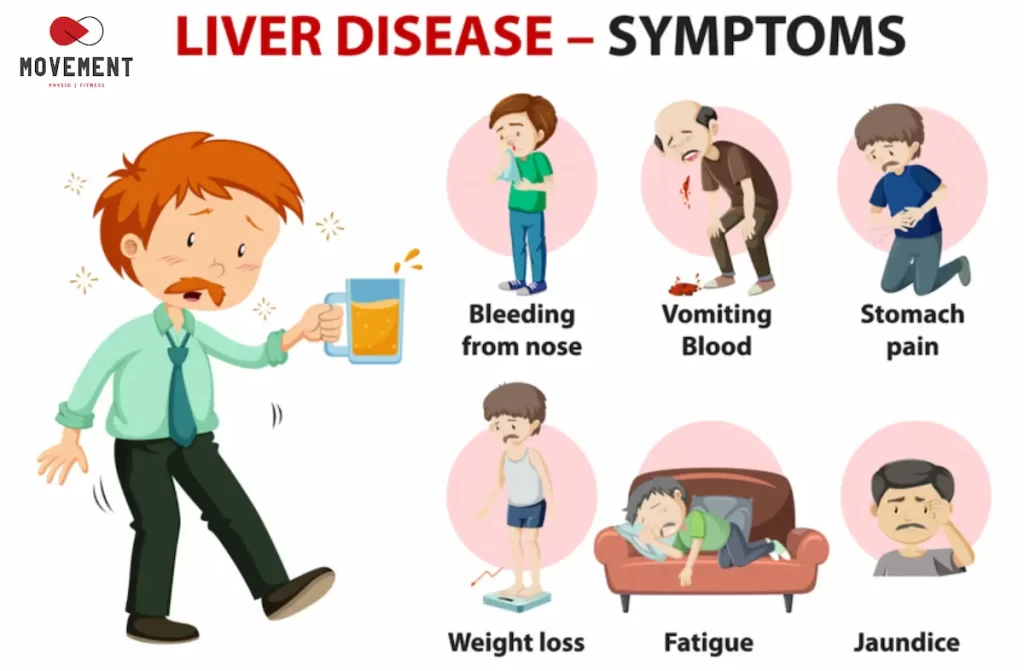The essential guide to cholesterol and metabolic health tests
Understanding your cholesterol and metabolic health is crucial for navigating the complexities of your body’s wellness. This blog post offers an in-depth look at the essential blood tests that provide a comprehensive view of your cardiovascular and metabolic health, serving as your roadmap to a healthier life.
Why monitor your cholesterol and metabolic health?
Regular health check-ups are like preventive maintenance for your body, crucial for identifying potential issues before they develop into severe conditions. Monitoring cholesterol and metabolic markers allows you to make informed lifestyle adjustments to prevent heart disease and diabetes.
Essential blood tests for in-depth health insights
Let’s explore the critical tests that provide valuable information about your cardiovascular and metabolic health:
1. Lipid Panel
A cornerstone test that measures the fats in your blood to assess heart disease risk:
- Total Cholesterol
- LDL (Low-Density Lipoprotein): Often called “bad cholesterol” as high levels lead to arterial plaque.
- HDL (High-Density Lipoprotein): Known as “good cholesterol,” it helps eliminate LDL cholesterol.
- Triglycerides: High levels are linked to an increased risk of heart disease.

2. LDL Particle Size and Number (LDL-P)
This test provides insight into the size and number of LDL particles. Smaller, denser LDL particles are more harmful because they can more easily penetrate arterial walls, increasing the risk of atherosclerosis.
3. Apolipoprotein B (ApoB)
ApoB is a protein involved in cholesterol metabolism. It is considered a more accurate indicator of cardiovascular risk than traditional cholesterol tests, especially in individuals with high triglycerides.
4. High-sensitivity C-reactive Protein (hs-CRP)
Measures inflammation in the body, which, if chronic, can lead to severe cardiovascular diseases.
5. Fasting Blood Sugar and Hemoglobin A1c (HbA1c)
These tests assess your immediate and average blood sugar levels over three months, which is crucial for diagnosing and monitoring diabetes.
6. Fasting Insulin
This test evaluates your insulin levels, resistance, and indicators of your metabolic efficiency and diabetes risk.
7. Liver Function Tests
It is crucial to evaluate the health of your liver, which plays a critical role in metabolizing fats. Tests include ALT, AST, and GGT levels.

Integrating your health insights
Understanding and utilizing the information from these tests can significantly impact your health management:
- Schedule regular check-ups: Regularly visit your healthcare provider to monitor changes and adjust your health plan.
- Adjust your lifestyle: Modify your diet, increase physical activity, and manage stress based on your test outcomes.
- Stay informed: Continually educate yourself about health advancements to better understand and meet your body’s needs.
Proactively monitoring these health metrics isn’t just about disease prevention—it’s about optimizing your health for a fulfilling and active life. Take charge of your well-being by understanding the signals your body sends through these essential tests.


Add your first comment to this post